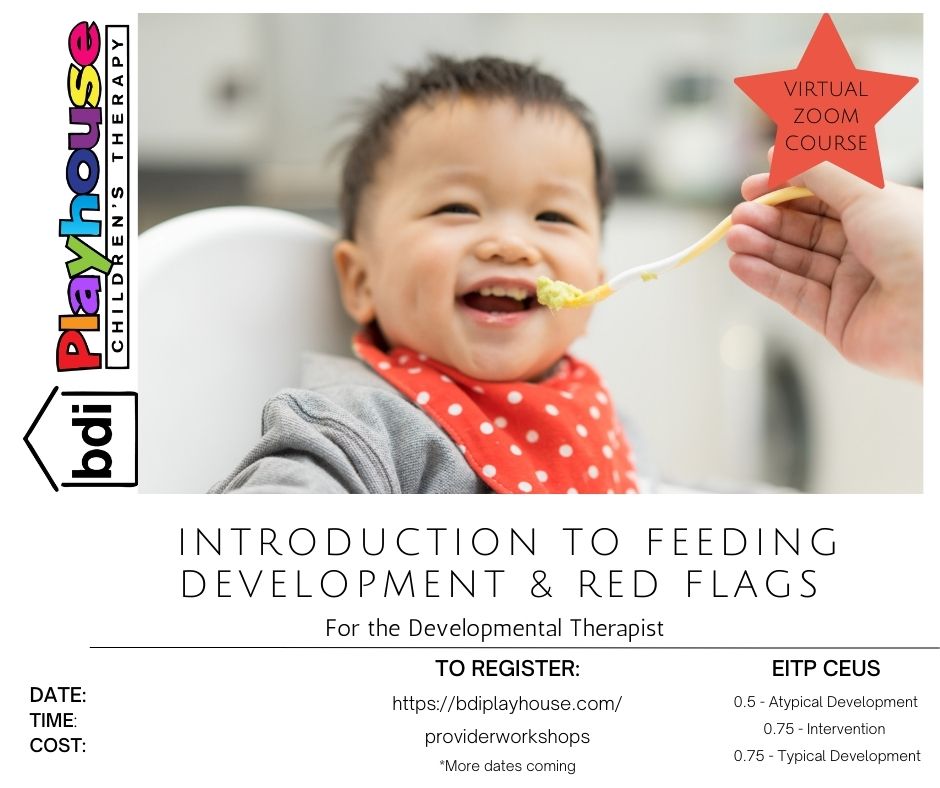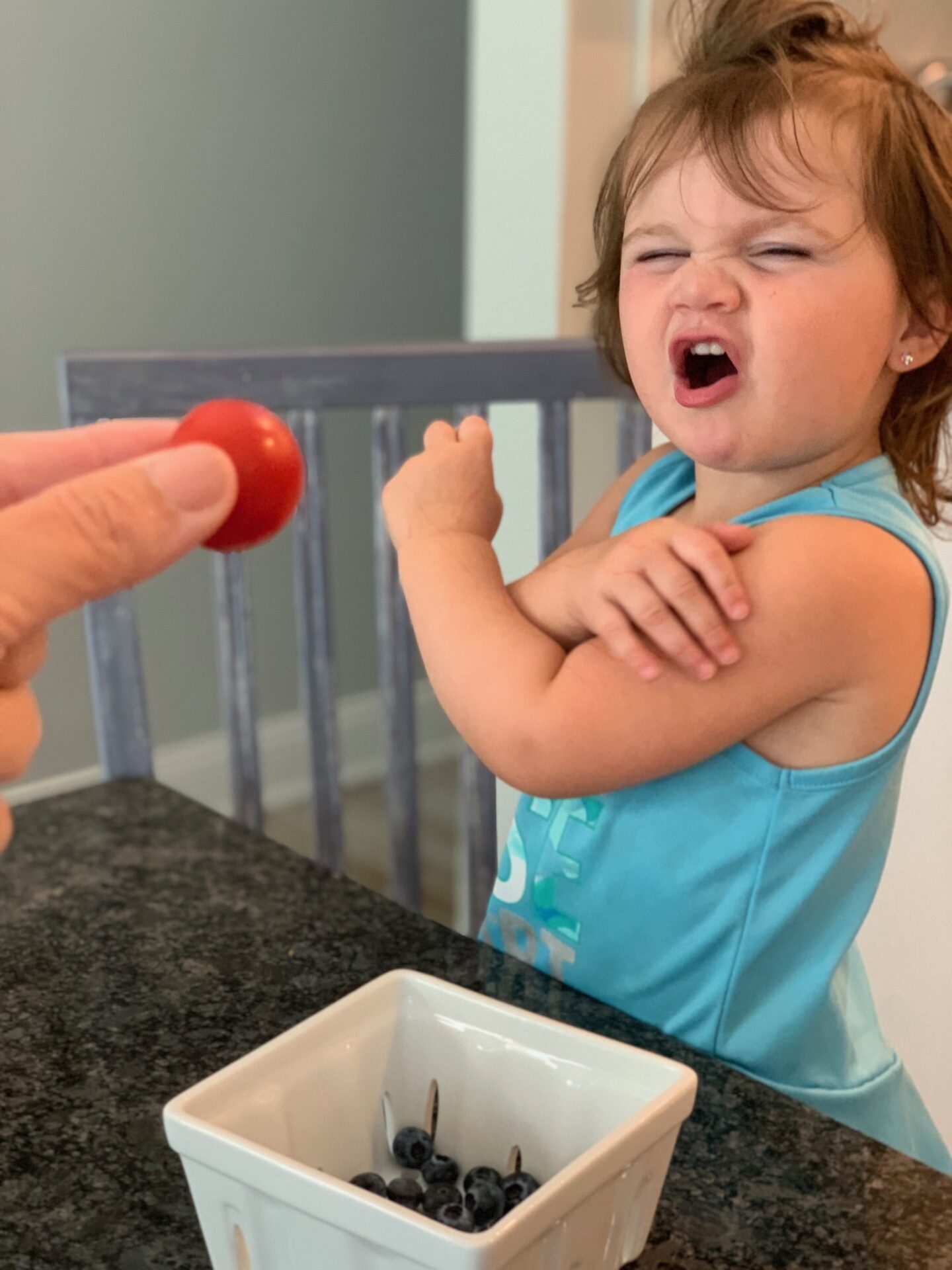Virtual Feeding Therapy
Virtual Feeding Therapy
Get Started From the Comfort of Your Own Home
Benefits of Virtual Feeding Therapy
- Therapy in natural (home) environment
- Increased opportunity for family participation (siblings, parents, grandparents, caregivers)
- Sessions can be held during family mealtimes to help with the successful implementation of treatment strategies
- Access to food at home for preferred and non-preferred food
- Less travel and time
- Both direct therapy and parent coaching for carryover
- Education on seating and environmental modifications to assist with mealtime success
- Education on preparatory postural control and stability exercises
- Opportunity to bake and prepare food in home environment


Breast & Bottle Feeding
Infant bottle and breastfeeding
One-on-one virtual breast and bottle feeding lactation support services from the comfort of your own home.
- Baby’s success on the breast/bottle
- Mom’s health and comfort
- Family support for mom & baby
- Preparing for and maximizing pumping
- Reflux, spit-up, vomiting support
- Maximizing position and latch
- Finding the right bottle
- Tummy troubles and gas

Table Food Transitions
Transition to Table Foods
Transition to table foods can be tricky. Whether you are starting purees, baby led weaning, or a combination of the two, we are here to support you and your baby.
- Transition to table food
- Learn to drink from straw & open cups
- Learning to chew & swallow safely
- Decrease gagging
- Pacifier elimination
- Navigate food intolerances, sensitivities & allergies

Kids & Teens
Toddlers to Teens
Together, you and your BDI therapists will create goals functional to your family by incorporating food you have in your home or food your family eats in the community.
- Teach your child to tolerate, interact with, and eat foods of varying textures and consistences from the comfort of their own home.
- Increase oral motor strength and coordination
- Improve safe swallowing
- Decrease length of meals
- Eating food at restaurants
- Address lunch and snack time challenges at school
- Meals with friends
- Utilize feeding therapy techniques such as OMT, Food Chaining, SOS, AEIOU, & Beckman Oral Motor Approach to help your child eat the least restrictive diet!
Who provides treatment for my child?

Speech Language Pathologists and Occupational Therapists at BDI Playhouse are licensed and trained to:
- turn mealtime into positive experiences
- increase oral motor strength and coordination
- teach your child to tolerate, interact with, or eat foods of varying textures and consistencies
- address cup, straw, and bottle drinking
- intake enough calories a day for growth and nutrition
- utilize specialized techniques such as Beckman Oral Motor Approach, OMT, Food Chaining & Sequential Oral Sensory (SOS) Approach
- target effective use of utensils
- coach and provide resources to families so they can help your child overcome these mealtime obstacles
Why should my child get feeding therapy?
Research has shown that difficulties with eating and poor nutrition can cause:
- stunted growth correlated with poor academic performance and lowered mental capacity
- emotional and psychological development issues
- a decrease in a child’s activity level, social interactions, and curiosity

What does an evaluation look like?

The evaluating clinician will discuss with you any concerns you may have for your child, pertinent medical history, and the reason why your child was referred for their evaluation. The rest of the evaluation depends greatly on your child’s age and specific needs. The clinician will assess your child’s current feeding skill level and address any areas of difficulty during this evaluation.
If feeding therapy is recommended, individual therapy sessions may occur on a consultative basis or on a weekly basis. You and the evaluating therapist will decide on goals and location (clinic or virtual) of services.
Still not sure? Learn more about what to expect at a screening here.










